The Skill of Confrontation for Highly Sensitive Individuals
Confrontation is a term that often carries negative connotations, particularly for Highly Sensitive People (HSPs). As an HSP, you may find it challenging to stand up for yourself and engage in difficult conversations, especially when feeling hurt or neglected by someone close to you. However, what if I told you that confrontation, when approached with a positive mindset, can be a powerful tool for strengthening relationships and promoting honesty?
Confrontation takes on various forms, whether it's a face-to-face encounter, a phone conversation, or even a discussion on social media platforms like Instagram. It becomes a means to settle disputes and reach resolutions. Conflict can arise in different contexts, such as intimate relationships, work environments, or broader social settings.
As an HSP, the idea of confrontation can be anxiety-inducing. We have a tendency to internalize others' feelings, become defensive, and replay unresolved conversations in our minds for hours on end. When faced with a situation that calls for confrontation, it's crucial to step back and address the underlying problem.
One approach is to start by asking the other person involved how they feel. By understanding their perspective, you can gain insights into potential misinterpretations or miscommunications that may have occurred. This understanding allows you to approach the situation with empathy and find ways to ease the conflict.
On the flip side, it's also important to assess whether the conflict stems from a toxic relationship. Sometimes, engaging in a conversation that seems endless and futile might not be in your best interest. In such cases, reevaluating what serves your well-being becomes essential when deciding whether to have a tough conversation.
For those who identify as conflict-avoidant, it's worth noting that avoiding confrontation can have detrimental effects on mental and physical health. Research from 2019 suggests that suppressing emotions can negatively impact overall well-being. Common behaviors associated with conflict-avoidant individuals include denying the problem, displaying passive-aggressive tendencies, laughing during arguments, diverting the conversation, refraining from expressing disagreement internally, and people-pleasing.
Procrastinating in addressing a problem often leads to increased misunderstandings and a heightened sense of unease. In general, avoiding confrontation tends to worsen our emotional state compared to dealing with the issue head-on. Recognizing the benefits of confrontation, let's explore some practical tips to implement them:
1. Show respect throughout the conversation.
2. Opt for one-on-one discussions to maintain focus and privacy.
3. Allow the other person adequate time to respond when expressing your feelings.
4. Stay on topic and avoid veering off into unrelated matters.
5. Look for mutually agreeable solutions and be open to compromises.
Undoubtedly, putting these tips into practice can be challenging. It's natural to feel reluctant about broaching sensitive topics out of fear of being judged. However, when confrontation is approached with respect and positive communication, it increases the likelihood of problem-solving and deepening mutual understanding.
It's time for us, highly sensitive individuals, to utilize our superpowers in a positive manner to address the issues surrounding us. By advocating for ourselves and leveraging our empathic abilities, we can grow personally and earn the respect we rightfully deserve.
Warmly,
Tekin Meric, MSc
Counselor & Coach
If you would like to receive counseling or coaching support as you navigate your life issues, please feel free to reach out. I would be honored to hold a space for you online or in my practice in Amsterdam.



